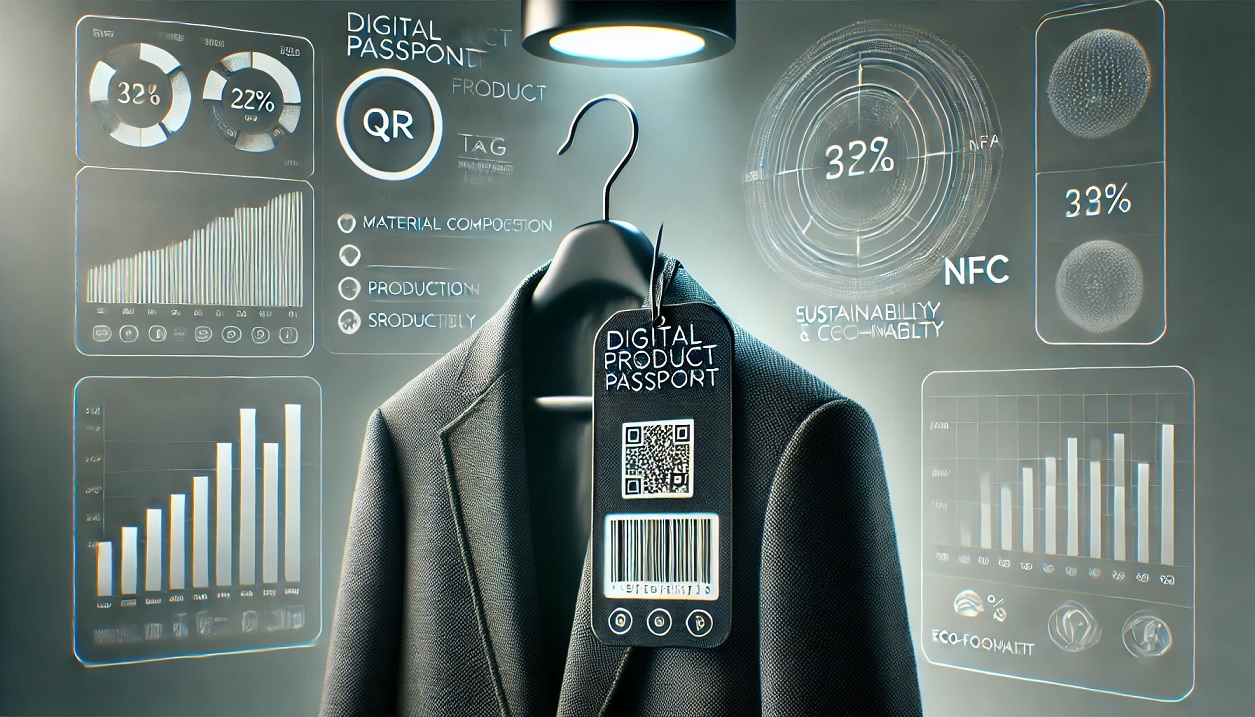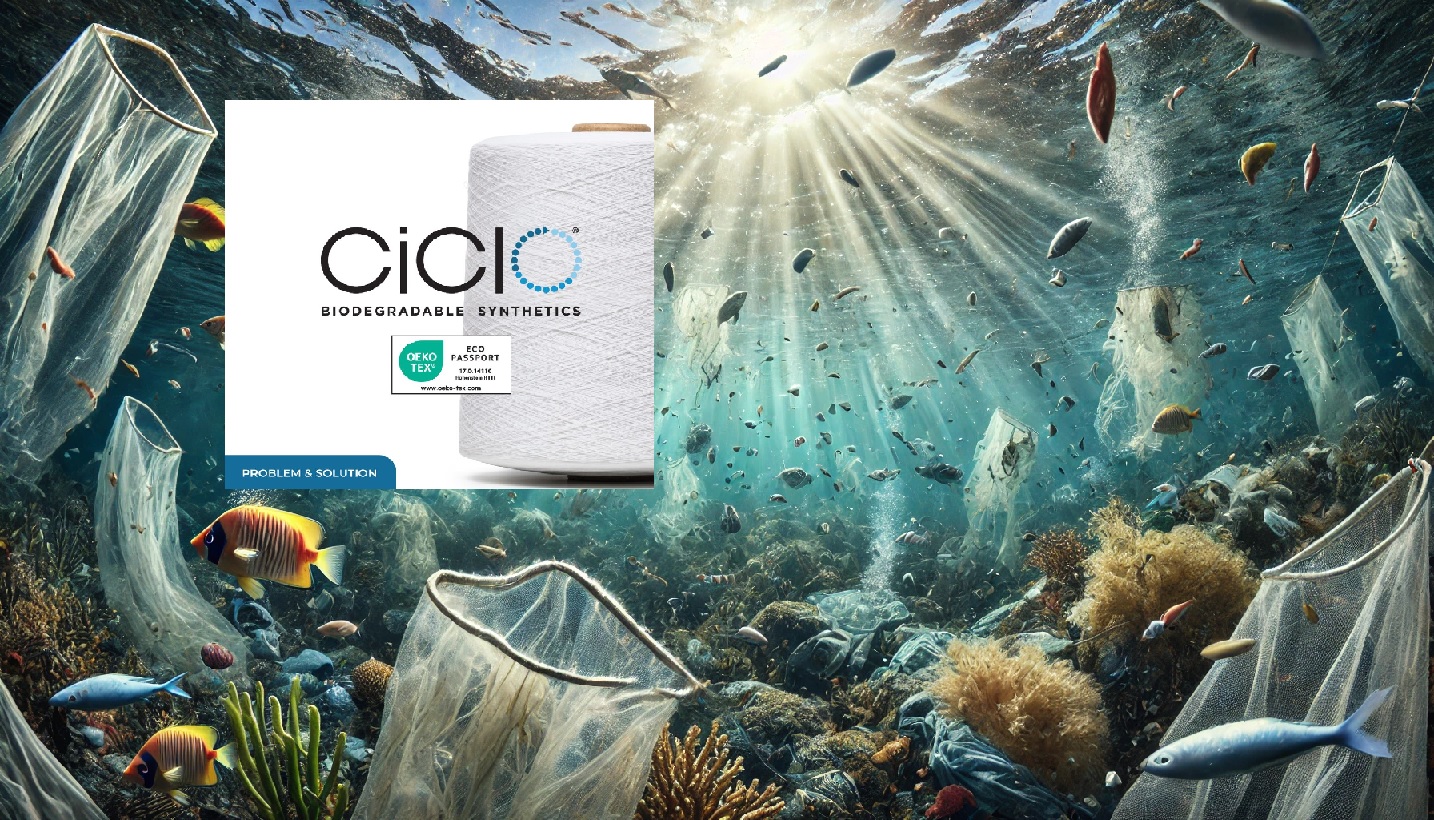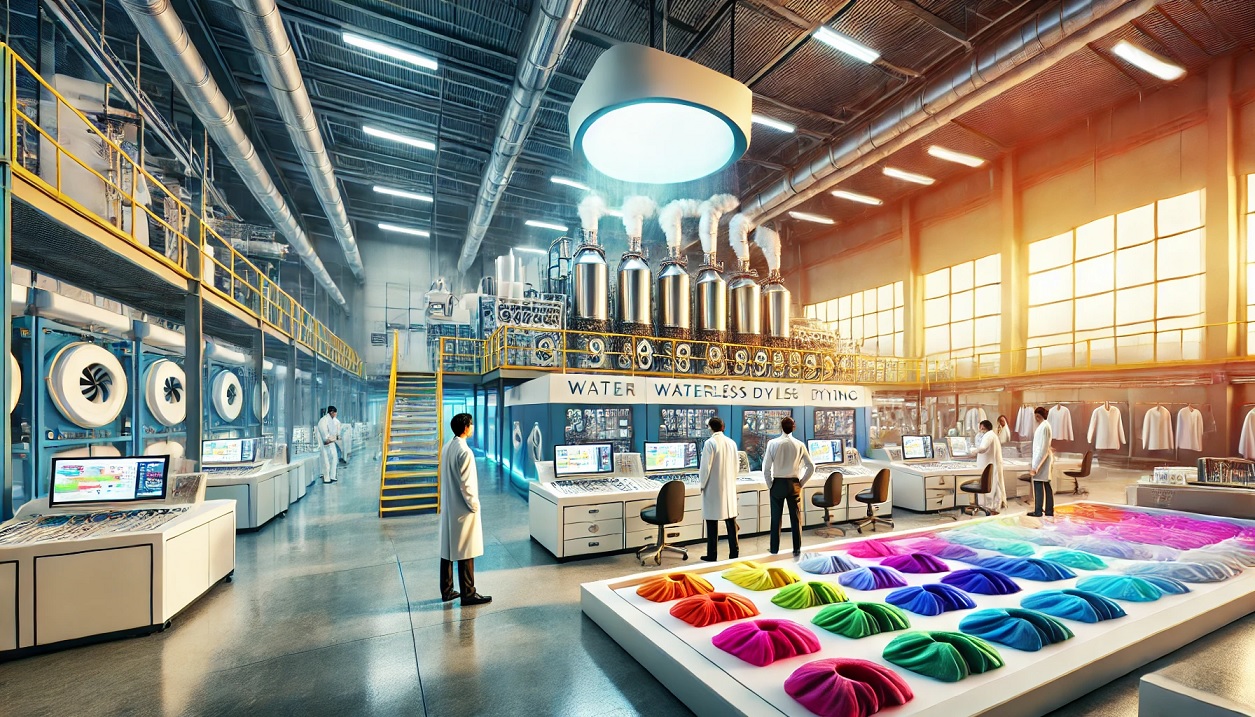Ioncell® is a sustainable technology that transforms cellulose-based raw materials, including cotton waste or wood pulp, into high-quality fibers. The process uses a novel solvent called ionic liquid, which is environmentally friendly, recyclable, and non-flammable.
Raw Material
The raw material for the Ioncell process can be wood pulp or any other source of cellulose, including waste textiles.
The technology has demonstrated the ability to produce high-quality regenerated cellulose fibers from dissolving pulps with a wide range of intrinsic viscosity.
Process
The production process involves three main steps: dissolution of the cellulose source, transformation of the raw material, and recycling of water.
The cellulose is dissolved in an ionic liquid, and then spun into a water bath via an air gap. The ionic liquid forms hydrogen bonds with the cellulose, and the extruded solution filaments can be stretched during the spinning process. After coagulation and crystallization of the cellulose in the antisolvent water, a high-performance regenerated cellulose fiber is obtained.
Properties
Ioncell® fibers are known for their softness and strength, even when wet.
They have high tenacity, making them suitable for both clothing and technical applications.
Applications
Ioncell® fibers have been used in a variety of products, including apparel, home textiles, evening gowns, scarves, coats, etc.
The material’s strength, durability, and aesthetic qualities make it suitable for a wide range of uses. Beyond fashion and home interiors, the raw material is also well-suited for more technical materials, such as films, powders, and hydrogels.
Sustainability Aspects
Ioncell® is a sustainable technology that could revolutionize the recycling of textile waste.
It enables waste textiles to get a new life as high-quality fibers.
The process is more sustainable than more common choices like cotton or rayon, as it can be manufactured using a “closed loop system”, where none of the toxic effluents are disposed of into the ecosystem.
The Ioncell process avoids the use of harmful chemicals, making it an eco-friendly alternative to traditional cellulose film manufacturing processes.
However, the technology needed to reproduce Ioncell, particularly on a large scale, is currently expensive and not widely available.
It also requires individuals with knowledge and training to make it run smoothly.
Despite these challenges, Ioncell represents a promising development in the field of sustainable textiles.
https://pubs.rsc.org/en/content/articlehtml/2023/su/d3su00013c
https://emagazine.stitchprint.eu/dtg-digital-printing/readers-questions-copy/



